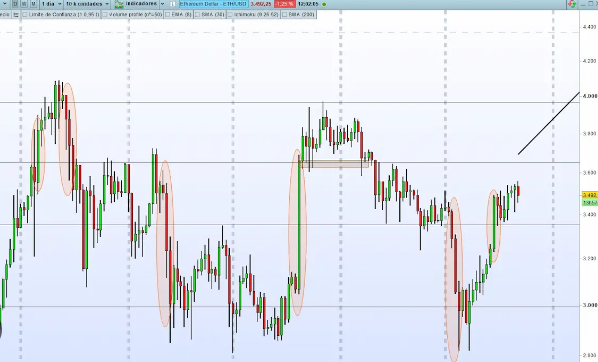The Psychology of Forex Trading
The psychology of forex trading plays a significant role in the success or failure of traders. It refers to the mental and emotional factors that influence decision-making, risk management, and overall performance in the forex market. Here are some key aspects to understand about the psychology of forex trading:
- Emotions: Emotions like fear, greed, and overconfidence can heavily impact trading decisions. Fear can lead to hesitation or excessive caution, causing traders to miss out on potential opportunities. On the other hand, greed can drive traders to take unnecessary risks or hold onto losing positions. Controlling emotions and making rational decisions based on market analysis is crucial for success.
- Discipline: Forex trading requires discipline to follow a trading plan, stick to risk management strategies, and avoid impulsive decisions. A lack of discipline can lead to inconsistent trading approaches and poor risk control. Successful traders must adhere to their strategies even when faced with market fluctuations or emotional triggers.
- Patience: Patience is an essential psychological trait for forex traders. Waiting for favorable setups and not rushing into trades can prevent impulsive and poorly thought-out decisions. It’s important to wait for confirmation and not let FOMO (fear of missing out) drive trading actions.
- Risk Management: Managing risk is a critical element of forex trading psychology. It involves setting appropriate stop-loss orders, determining position sizes, and understanding risk-reward ratios. Traders should have a sound risk management strategy in place to protect their capital and minimize losses during adverse market conditions.
- Cognitive Biases: Traders can be influenced by cognitive biases, such as confirmation bias (seeking information that supports preexisting beliefs) or hindsight bias (viewing past events as predictable). Recognizing and overcoming these biases is crucial for making rational and objective trading decisions based on market analysis rather than personal biases.
- Continuous Learning: Forex trading requires ongoing learning and improvement. Successful traders understand the need to adapt to changing market conditions and stay updated on market trends, economic factors, and technical analysis techniques. Continuous learning helps traders develop resilience, flexibility, and the ability to adjust trading strategies accordingly.
Understanding and managing the psychology of forex trading is as essential as having a solid understanding of technical and fundamental analysis. Emotions, discipline, patience, risk management, cognitive biases, and continuous learning all play significant roles in a trader’s ability to make rational decisions and achieve success in the forex market.













Post Comment